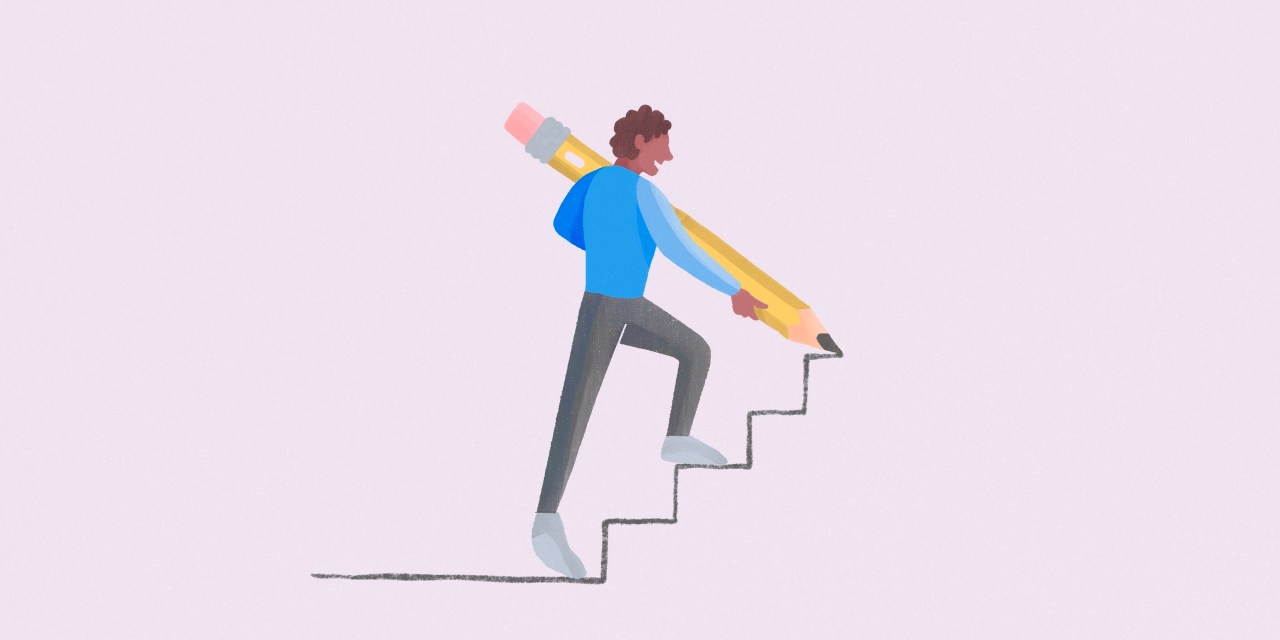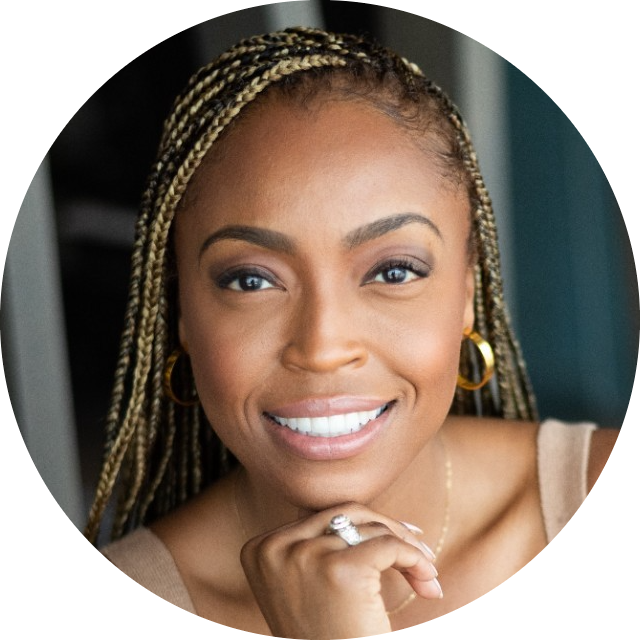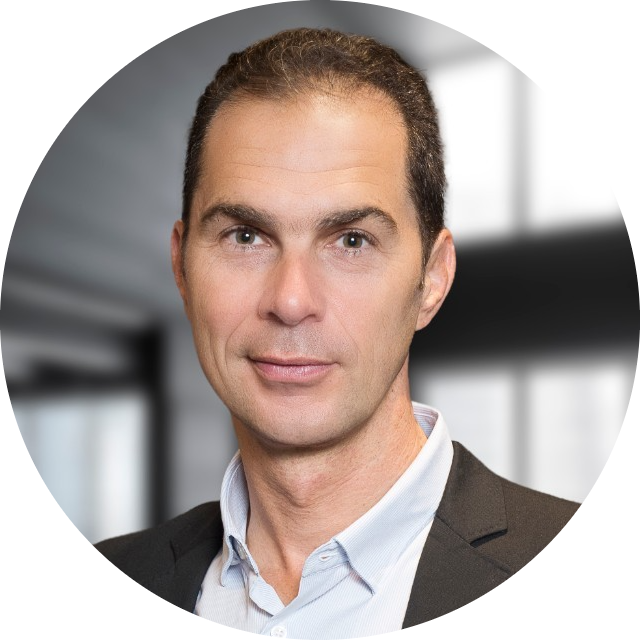‘I was stressing out the whole organization’: How CEOs are tackling mental health

Who looks after the person who is looking after everyone else? It’s a hard question to answer, but it’s one that very much applies to the C-suite.
Today, many employers offer their employees robust mental health programs that go far beyond just giving access to a mental health meditation app. For some, it’s extended paid time off and for others it’s something as out-of-the-box as ketamine assisted therapy (we’re looking at you, Dr. Bronner’s). But are CEOs taking advantage of these programs themselves? Experts say they must, not only to set an example for their employees, but also to ensure they show up as the leaders they need to be — and ultimately help the bottom line.
“We are moving too quickly saying we are past Covid,” said Trier Bryant, CEO and founder of training and coaching company JustWork. “It was traumatic for everyone and it takes time to recover and come back from a traumatic experience.”
For her, that means taking preventative measures for her mental health, rather than waiting until it’s too late. She goes to a new destination at least once a month. Next month, that means a trip to the Caribbean island of Anguilla for a week.
“Someone said, ‘Trier, are you burnt out? Is that why you’re getting away?,'” said Bryant. “No, I get away every month so I don’t get burnt out.”
Sometimes Bryant works during her weeks away, like when she was in the Cayman Islands last month. However, in Anguilla she will take the time entirely for herself. “Employers need to lead by example and do that,” said Bryant. At JustWork, employees have every other Friday off and the last week of the quarter as recharge days. “As a CEO, I have to lead by example. We can only do our best work if we show up fully for their clients,” she said.
Naturally, for employees who can’t afford regular exotic breaks or to pay for different forms of therapy, the thought of their CEO having to take regular breaks due to exhaustion and stress might not be relatable. “I’m at the part of my career where I can do this,” Bryant acknowledged. “I have worked really hard to be in this position.” But if CEOs aren’t partaking in self care when they have ample resources, why would their employees?
Dr. Rana el Kaliouby admitted that prioritizing both her own and her employees’ mental health was a learning curve for her. When she founded her artificial intelligence company Smart Eye in 2009, she woke up at 3 a.m. every day and sent emails to her whole team, who would wake up to a thread of messages. “It wasn’t just impacting me, I was stressing out the whole organization,” she said. “I have stopped doing that, thank goodness, and I’ve become way more intentional about self care.”
She said she now wakes up every morning and meditates for 20 minutes, followed by 10 or 15 minutes of affirmations, saying things out loud like “I am a source of positive energy for the universe.”
“It just sets the tone for the entire day,” said el Kaliouby.
El Kaliouby said she also blocks out her calendar on Friday mornings for her Zumba class, which the entire company sees. “It gives people permission to also prioritize self care in the company,” she said. Setting that example has been a game changer for the whole company.
Peer-to-peer advice tops all
CEOs are of course no strangers to enduring immense pressure and have a history of poor work-life balance. Regardless, the pressures on CEOs continue to pile up: The shifting macroeconomic conditions and the changing demands of employees around flexibility are just some of the current challenges they face.
For extra support, CEOs are increasingly turning to each other. Organizations like YPO and Pavilion set out to create communities among business leaders, where they can lean on each other to help become better leaders. Around 2,700 CEOs from over 80 countries gathered at YPO Edge in New York City this week to discuss their biggest challenges and brainstorm ideas on how to progress in such uncertain times. Networking is usually one of the biggest benefits to attending any industry event, creating that feeling of community among peers. And CEOs need the extra support from each other now more than ever.
“It can be lonely at the top and there’s a lot of responsibility on CEOs today,” said Xavier Mufraggi, CEO of YPO. “We say you never work alone.”
The nonprofit organization is made up of 30,000 leaders from across the globe that collectively employ over 22 million people. In short, if these folks are having mental health issues, how can they succeed?
YPO operates with different chapters, usually grouped by location, where people have the opportunity to meet with a small section of the organization to discuss anything they need. That can be anything from not knowing how to go about selling a part of the business to more personal matters like going through a divorce or having trouble raising children.
“CEOs can only perform at their peak if they have a holistic view on how they take care of themselves and they’re in a good mental and active state,” said Mufraggi, whose mental health exercises include triathlons, yoga, meditation and spending time with loved ones. “The only people they might trust and learn from would be their peers. When they’re peers, everybody has the best intention. They’re not trying to do business or say nice things just because they’re the boss. They’re in a circle of trust, which is important because they can be vulnerable and share.”
It matters in every industry, but Alisha Moopen, Dubai YPO chair and deputy managing director of health care firm Aster DM Healthcare, stressed that if she didn’t pay daily attention to her mental health her ability to take care of her patients’ physical health would be far harder.
“Coming from health care, a lot of the shift has been around well-being,” said Moopen. “If people are taking care of themselves and their families and their relationships, they will take care of their company. It cascades to how the customers and consumers are also interacted with.”
Moopen said she has been focusing on well-being with her chapter more than ever this year. “We can’t talk about conquering the world if we can’t even conquer our own wellness,” she added. To set an example for her employees, she said she asks herself how to settle her busy mind and then she does just that. For her, that’s being around her 3-year-old son, going for a swim where her phone can’t be on her or indulging in a nice meal. In the last six months, she’s taken at least 10 breath-work sessions to prepare her to start meditating.
“I realized I’m choking at some points and I’m not breathing,” she said. “It’s trying to learn how to breathe, how to relax, and being intentional about it.”
Mufraggi said that this work must be continuous, which is why organizations like YPO can be so beneficial to ensure CEOs are holding themselves accountable and talking about their mental health with one another, which, in turn, diminishes the stigma across the world.
“Talk, walk the walk and give an example of something that everyone can do,” said Mufraggi. “Not everyone wants to find a psychologist, but everybody should be able to identify somebody in their close circle that they can discuss things with.”


